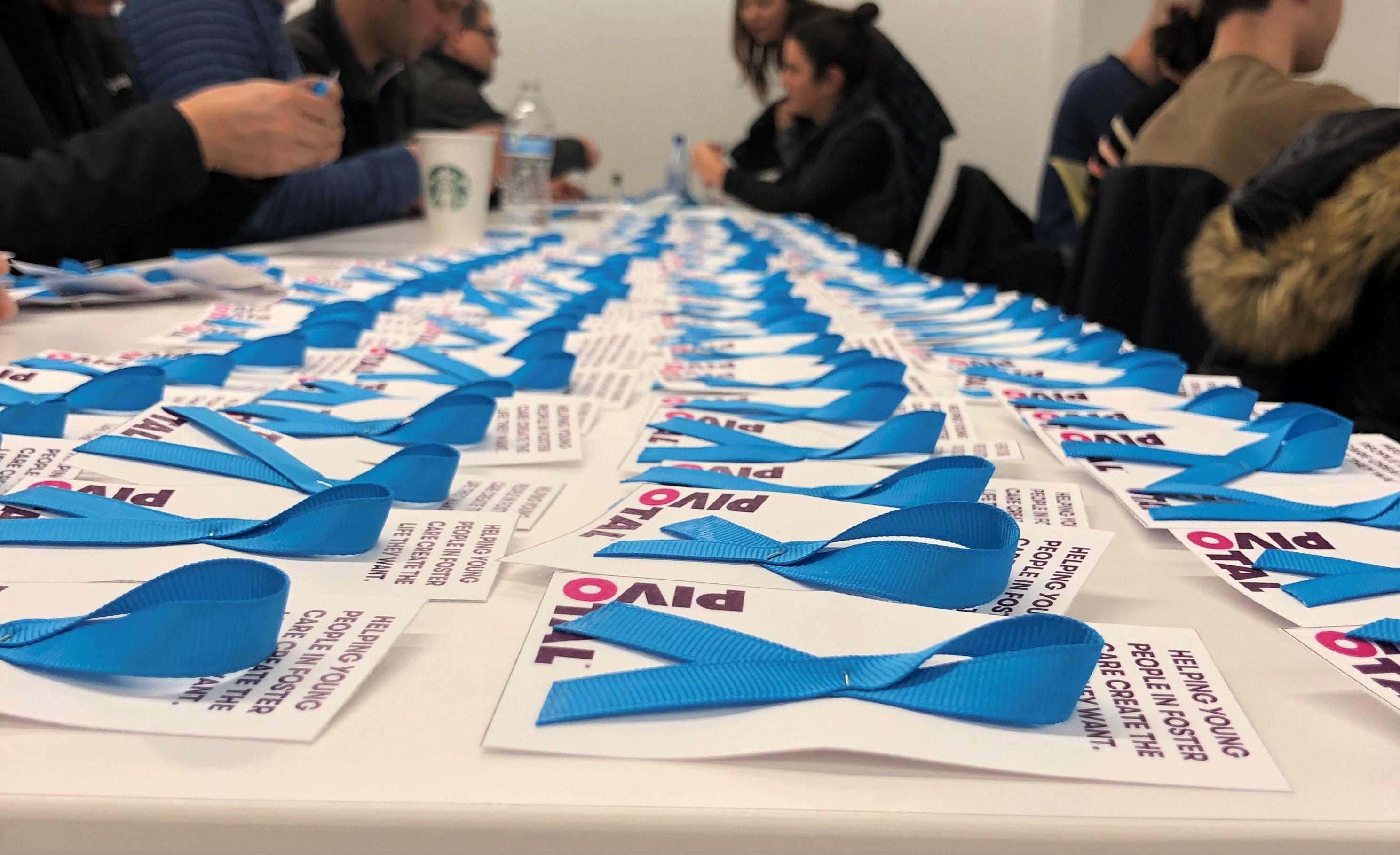Superhero Coaches, You Say? Yeah, We've Got a Few of Those

Browse Categories:
by Christine Salinas
This month is National Mentoring Month. Here at Pivotal, we'd like to give our coaches a big ol’ SHOUT OUT! Their caring approach and expertise in all things foster care and young people is what makes Pivotal, well, pivotal.
Coach Diana Seoud is one of Pivotal's stellar post-secondary coaches. Her expertise includes a master’s degree in Higher Education and Student Affairs, though that wasn’t her original career plan. After earning a bachelor’s in criminal justice, she enrolled in law school. But a few months into it, she realized it wasn’t her thing. “I’d always enjoyed playing teacher as a kid, and helping my cousins and siblings tackle their schoolwork. As I got older, I got really good at helping them figure out their interests, explore different career options and find colleges that offered those majors. They reminded me of that when I was thinking about my second act after I left law school. I looked into a graduate degree in education and the rest was history! I realized that I could turn my passion for student services into a career that created meaningful impact for hundreds of students,” she says.
We're often asked, "What's the difference between a mentor and a coach?" Typically, mentors are trusted advisors who build a rapport with students and impart their talent and personal experience. Coaches, on the other hand, are trained (and paid) to provide high-level expertise in a particular subject area for a set amount of time.
Pivotal's expert coaches blend both roles into a finely wrapped package. They fulfill the role of a mentor by genuinely looking out for the best interests of each youth they serve, providing consistent encouragement, and sticking with them over the long-term. They also leverage their professional training in psychology, education, business, or social work to create and deliver the right combination of support for each young person.
Building trust with foster youth, all of whom have experienced some level of trauma, is the toughest challenge our coaches face. “My students and I talk about silly things, like makeup, celebrities, and music, and we also talk about real issues that are affecting them right now. Sometimes a student will start our face-to-face in the worst mood. When that happens, I'll pivot from talking about school to simply asking them about their day. Letting them drive the conversation shifts the focus for a bit and after a few minutes, I have a receptive kid who is ready to talk about school again. The fact that I didn’t judge them for their mood, and instead, just listened, makes all the difference for them,” she shares.
Diana’s caseload includes roughly 15 community college students who are also Pivotal scholarship recipients. Among the many roles she plays, Diana keeps them on schedule to graduate by helping them to register in the right classes, apply for financial aid, track their credits and progress towards graduation, find suitable tutors when needed, explore career options and prepare them for paid summer internships that align to their dream job.
All in all, Diana and all of her Pivotal counterparts are superheroes who unleash each youth’s inner Superman. We're grateful for everything you do for foster youth in Silicon Valley! Cheers to our Pivotal coaches on National Mentoring Month!

